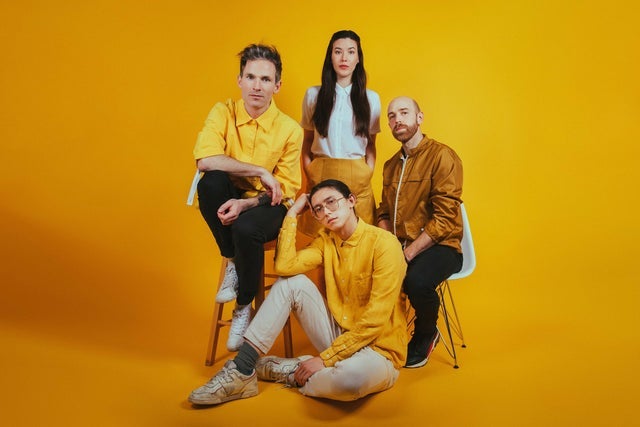Welcome! If you've come for access to
Said the Whale presale codes (used for early ticket purchases) scroll for the list of events, tap one and see what is available or coming soon! Our site only provides official verified, current and future Said the Whale presale passwords.
Ticket presales for Said the Whale are used to promote access to blocks of tickets before the general public.
With an official verified Said the Whale presale code you too can access those early Said the Whale tickets before the public!

Right now there are presales for Said the Whale with events scheduled in
Toronto, ON
Find more presales for shows in Toronto, ON
Show Said the Whale presales in more places
Find more presales for shows in Toronto, ON
Show Said the Whale presales in more places


